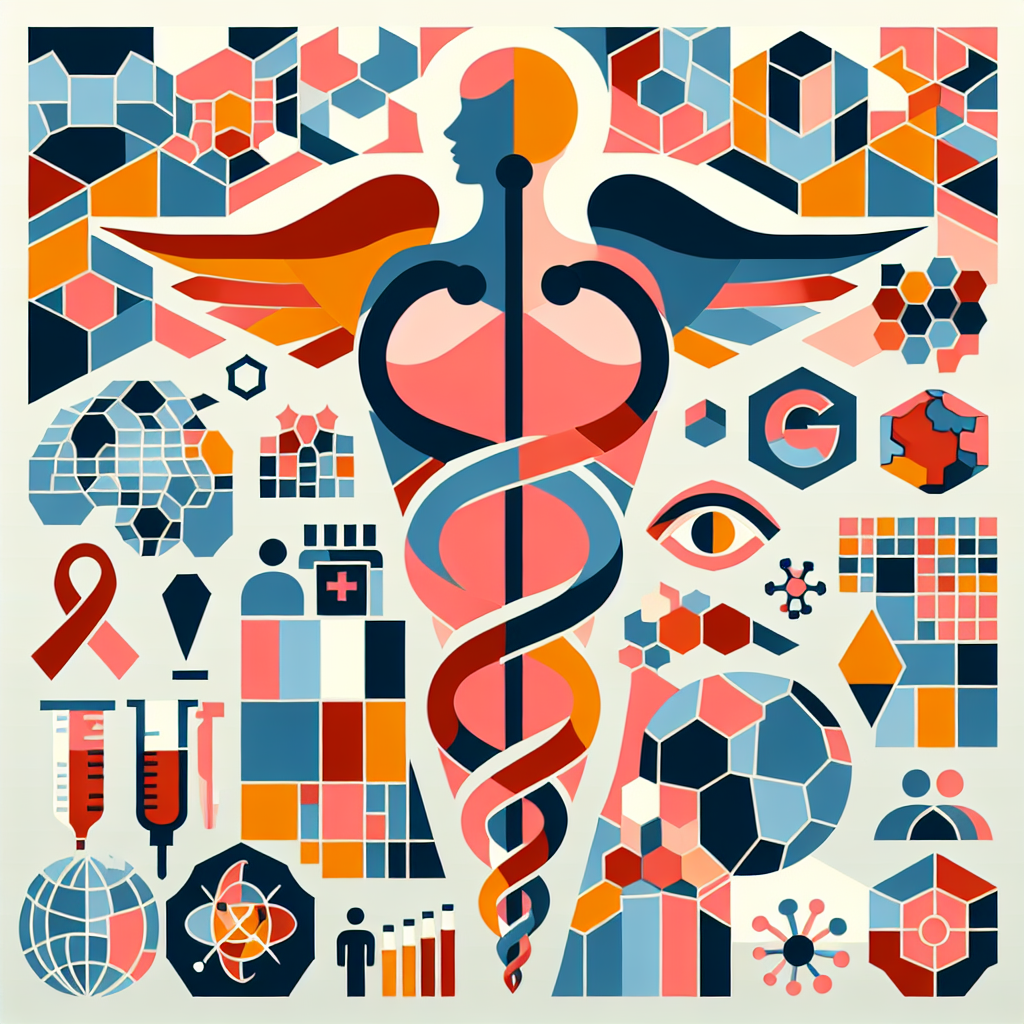A recent article from PR Newswire discusses a survey commissioned by Roche that highlights several key points regarding HPV cervical cancer awareness. This survey reveals important insights about HPV awareness and the necessity for enhanced screening measures.
HPV Cervical Cancer Awareness
The survey, conducted across 12 countries in Latin America and Europe, involved over 8,700 participants. It uncovered that half of the respondents have an inadequate understanding of HPV, with nearly one-third uncertain or completely unaware of it.
Impact of HPV
HPV is recognized as the primary cause of cervical cancer, responsible for over 99% of cases. Each year, more than 600,000 women are diagnosed with cervical cancer globally, leading to over 340,000 fatalities, predominantly in low-resource countries.
Preventive Measures
The survey emphasizes that 93% of cervical cancers could be prevented through appropriate screening and HPV vaccination. The World Health Organization (WHO) aims to ensure that by 2030, 90% of girls are fully vaccinated against HPV by age 15, while 70% of women are screened using high-performance tests by the ages of 35 and 45.
Barriers to Screening
Significant barriers prevent women from seeking screening. Common concerns include the perceived pain of the testing procedure (up to 63% in some countries). Another concern is discomfort in discussing sexual history with healthcare providers (up to 57% in some areas). Other factors include healthcare accessibility, economic limitations, histories of trauma, and cultural considerations.
Interest in Self-Testing
Despite these barriers, the survey indicates high interest in self-collection methods for HPV testing. In European countries, 57% of women expressed interest in self-testing. Interest surged to 77% in Latin American countries, where routine screening is often hindered by infrastructure and appointment availability.
Global Efforts
Roche has joined the Global HPV Consortium to collaborate on advancing cervical cancer prevention. The company is already partnering with health systems and governments in over 55 countries to support access to HPV molecular testing.
WHO Guidelines
The WHO recommends HPV DNA testing as the primary screening method for all women. This strategy is part of the global effort to eliminate cervical cancer, emphasizing the significance of early detection and treatment to prevent unnecessary deaths.
Overall, the survey underscores the urgent need for better public education about HPV risks, improved access to screening tools, and the potential benefits of self-collection methods. Addressing these concerns is vital for increasing screening rates and effectively combating cervical cancer.





